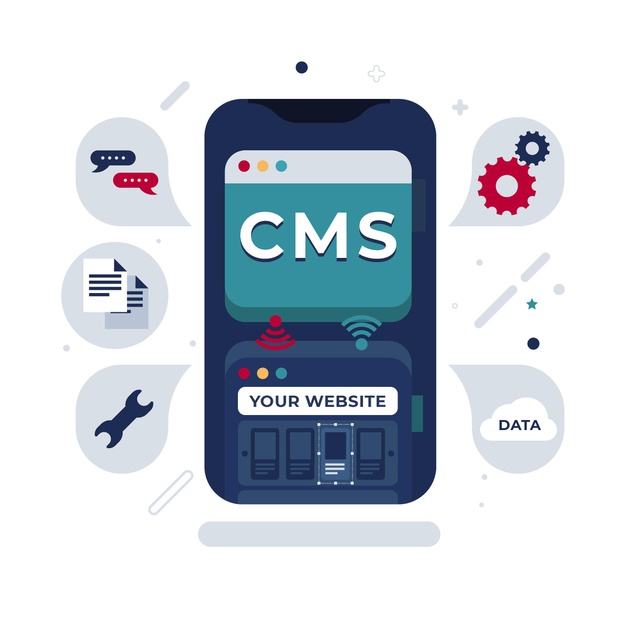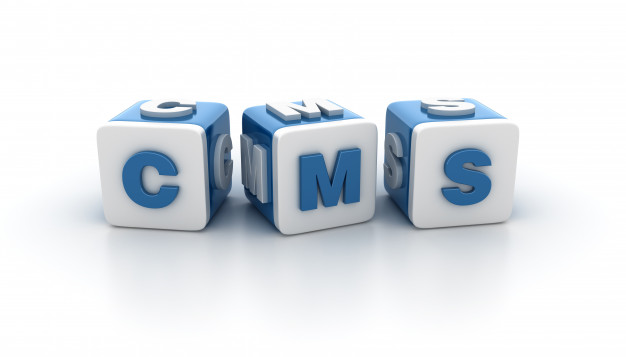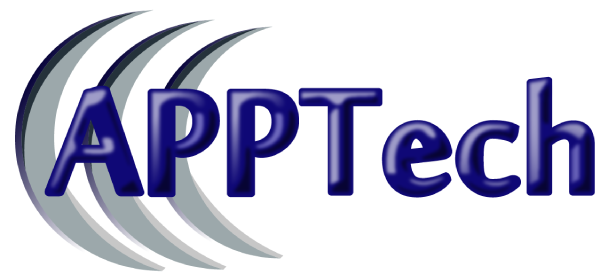Content Management System
A software platform that lets its users create, edit, archive, collaborate, report, publish, distribute and inform is Content Management System (CMS). Its Graphic User Interface (GUI) makes interacting with a website's database user friendly.
Websites use HTML (the Hypertext Markup Language) and CSS (Cascading Style Sheets) to create and design its pages. They are two of the essential core components to create Web pages. HTML provides the structure of the page, CSS the visual and aural layout.
A CMS allows users without any coding knowledge to amend; modify and edit content to websites using a WYSIWYG interface, an acronym for "what you see is what you get." The data entered into CMS software is stored in a database, which renders the web page via a template. The CSS of that page can then control the output.
In recent years, it has served up an alphabet soup of sorts, which at first blush is somewhat blurred, and confusing to decipher. However when separating the wheat from the chaff, there are some distinct differences pertaining to CMS, WSMS and ECM.
.png)
How Does a CMS Work?
A CMS allows users to manage content from an internal user interface or dashboard. There are a good number of CMS software available with one-click installs. This facilitates and makes it easy for a non-technical marketer to use and navigate. Most of the top-rated CMS programs for smaller startups are open source and free.
Building a affordable website with CMS is analogous to playing with Legos’ plastic bricks from our childhood. You can select what bricks work best to build your site. It allows you to write text and insert pictures and graphics directly from a control panel.
Websites are built with databases similar to Excel spreadsheets, with a secure and easy-to-use interface. With newer iterations, most CMS’s are managed and continuously updated as the web evolves.
Enterprise Level CMS
An Enterprise Level CMS requires vastly more than a standard CMS for smaller organizations. As a marketer or IT employee of an enterprise seeking a CMS, you have to make the whole team happy. IT requires security. Web development requires flexibility to create sites without limitations. Marketing requires a non-technical interface and software that will increase their conversions while allowing them to distribute content for campaigns quickly. There’s a handful of components that go into ECM to stay aware of during your exploration of Content Management Systems.
Enterprise Content Management is known as a collective term that represents the synchronized process, tools, and methodologies used to represent an enterprise’s strategy. As such, it delivers critical data to business stakeholders, inclusive of consumers and a company’s staff members.

(1).png)
CMS Features
- Security
- Multilingual Functionality
- Distributing Content
- Search Engine Optimization (SEO) Tools
- Fast Customer Support
- Responsive Mobile
- Seamless Integrations
What are the different types of Content Management Systems?
Coupled or Traditional CMS
Decoupled CMS
Headless CMS

// Drop us a line! We are here to answer your questions 24/7
